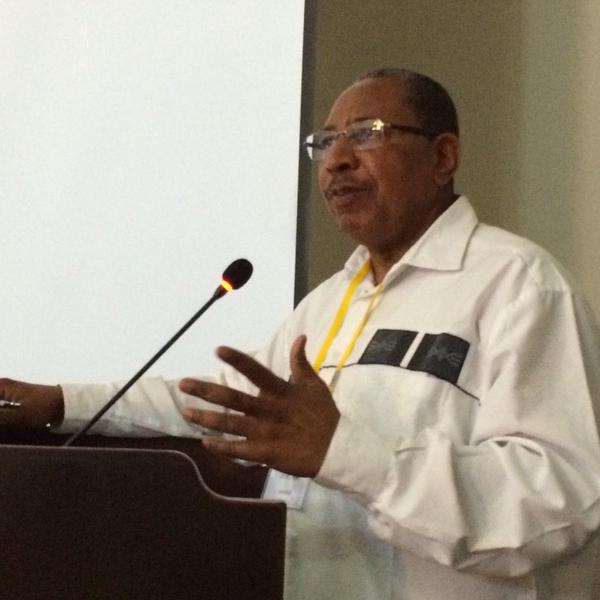The Intergovernmental Panel on Climate Change (IPCC) has agreed the outlines of two new reports that will help governments understand the impact climate change is having on human activities and nature on land and sea and how human activity in these areas is affecting climate change.

The decision was taken at the 45th Session of the IPCC, held in Guadalajara, Mexico, from March 28 to 31, 2017.
The Panel approved the outlines of the “Special Report on Oceans and Cryosphere in a Changing Climate”, and “Climate Change and Land: an IPCC special report on climate change, desertification, land degradation, sustainable land management, food security, and greenhouse gas fluxes in terrestrial ecosystems”, both to be finalised in September 2019.
The decision on the outlines, or tables of contents, which had been drafted by scoping meetings in December and February, clears the way for the IPCC to launch the call for nominations for authors for both reports in early April.
“This outcome combines the best scientific expertise available along with policymakers’ requirements to help advance our knowledge of how climate change affects the oceans and cryosphere. The IPCC looks forward to working with experts from around the world on this important topic that impacts billions of people, from the high mountains and polar regions to the coasts,” said IPCC Vice-Chair, Ko Barrett, who chaired the scientific steering committee for the scoping meeting that drafted the outline of the Special Report on Oceans and Cryosphere in a Changing Climate.
The cryosphere – from the Greek kryos meaning cold or ice – is a word to collectively designate the areas of the Earth where water is found in its solid state. This includes ice sheets, frozen lakes and rivers, regions covered by snow, glaciers, and frozen soil.
“This report will address some of the key issues that countries are grappling with in responding to climate change: how to sustain the ability of our land resources to sustain our societies in the face of a changing climate, and how emissions from the land sector can be reduced without jeopardising other development goals,” said IPCC Vice-Chair Youba Sokona, who chaired the scientific steering committee for the scoping meeting that drafted the outline of the Climate Change and Land.
“The report will look in detail at desertification, land degradation and food security, but will also assess options for integrated responses that support sustainable development and respond effectively to climate change,” he added.
The IPCC is the world body for assessing the science related to climate change. It was set up in 1988 by the World Meteorological Organisation (WMO) and United Nations Environment Programme (UNEP), endorsed by the United Nations General Assembly, to provide policymakers with regular assessments of the scientific basis of climate change, its impacts and risks, and options for adaptation and mitigation.
At its 41st Session in February 2015, the IPCC decided to produce a Sixth Assessment Report (AR6). At its 42nd Session in October 2015, it elected a new Bureau that would oversee the work on this report and Special Reports to be produced in the assessment cycle. At its 43rd Session in April 2016, it decided to produce three Special Reports, a Methodology Report to update guidelines on national greenhouse gas inventories and the AR6.
At its session in Guadalajara in March 2017, the IPCC considered the outlines of the Special Report on climate change and oceans and the cryosphere, and the Special Report on climate change, desertification, land degradation, sustainable land management, food security, and greenhouse gas fluxes in terrestrial ecosystems. The two special reports are expected to be finalised in September 2019.
In September 2018 the IPCC will also finalise “Global warming of 1.5°C, an IPCC special report on the impacts of global warming of 1.5°C above pre-industrial levels and related global greenhouse gas emission pathways, in the context of strengthening the global response to the threat of climate change, sustainable development, and efforts to eradicate poverty (SR15)”, and the “2019 Refinement to the 2006 IPCC Guidelines for National Greenhouse Gas Inventories “
